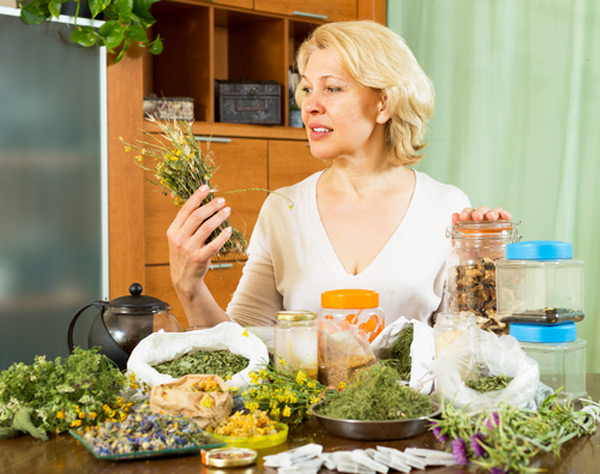
The new guidelines from the American College of Gastroenterology, intended for use by physician and other health-care providers, include an overview of risk factors, diagnosis evaluation and causality assessment, prognosis factors, and management of hepatotoxicity due to pre-existing chronic liver disease or herbal/dietary supplement intake. One of the key focuses of the guidelines is on herbal and dietary supplements, which many doctors warn should be used with caution.
“A lot of consumers have a preconceived notion that if it’s a natural product, it must be safe. But that is not necessarily the case,” said Herbert Bonkovsky, MD, FACG, co-author of the guidelines. “Most of these products are not well-regulated and have very little oversight. Traces of heavy metals and prescription drugs have even been found in some herbal and dietary supplements. We encourage patients to talk to their doctor about all medications they are taking, and herbal and dietary supplements should be no exception.”
The guidelines include a table of the most common over-the-counter and prescription drugs and supplements that cause DILI, and their usual patterns of liver injury. The table lists antibiotics (amoxicillin/clavulanate is the most commonly associated with DILI) and herbal and dietary supplements.
Of the herbal and dietary supplements, green tea extract tops the list as one of the most common dietary supplements associate with DILI injury. To give context, Dr. Bonkovsky says that the average cup of green tea has around 50-150 mgs of catechins, a group of polyphenols that are the major active ingredients. In some green tea extract pills, known to help with weight loss and other factors, the levels of such catechins can be over 700 mg. This can be particularly dangerous when the pills are taken multiple times a day.
It is important to note that DILI remains a “diagnosis of exclusion,” which underscores the importance of patients giving their doctors a full history of all medications and supplement use. “Accurate history of medication exposure and onset and course of liver biochemistry abnormalities is crucial,” says lead guideline author Naga P. Chalasani, MD, FACG. The study done by American College of Gastroenterology (ACG).